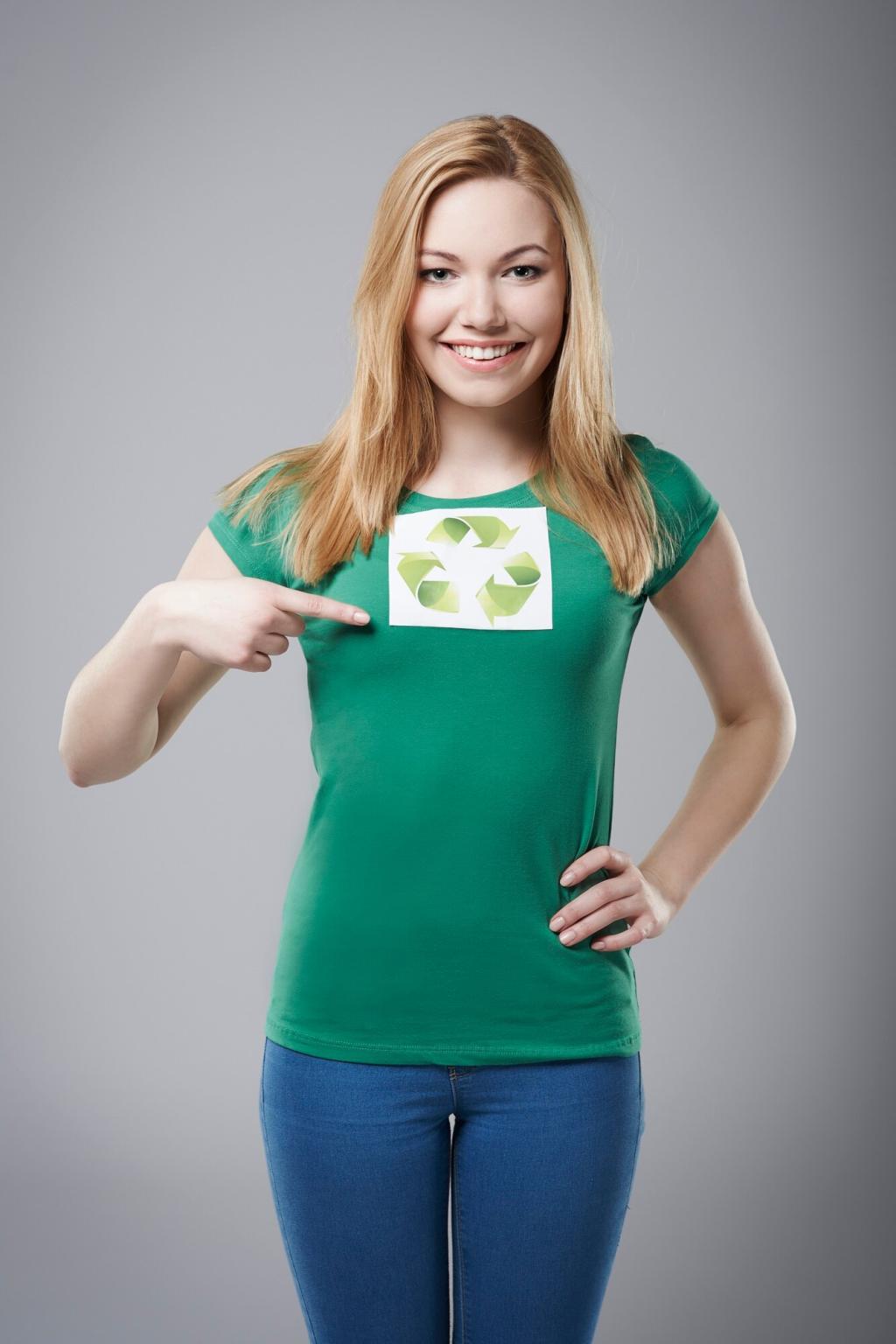
Mindful Fashion: Choosing Ethical and Sustainable Brands
Mindful fashion is a movement gaining momentum across the globe as consumers become more aware of their impact on people and the planet. Making conscious choices about what you wear goes beyond trends and personal style—it’s about understanding the story behind your clothes and the footprint they leave behind. This guide explores why ethical and sustainable fashion matters, how to identify trustworthy brands, and the meaningful impact that even your simplest wardrobe decisions can have on the world.
Understanding Mindful Fashion
The Meaning of Mindfulness in Fashion
Mindfulness in fashion involves a conscious effort to pay attention to not only what you buy, but how it’s made, who makes it, and its entire lifecycle. This block delves into the awareness and intentionality that defines mindful fashion, focusing on the importance of questioning traditional fast fashion norms and considering deeper values when building your wardrobe. It explores how this perspective challenges consumers to slow down, appreciate quality over quantity, and develop a more thoughtful relationship with clothing, ultimately fostering a culture that values ethical practices and sustainability.

Why Ethical and Sustainable Choices Matter
Ethical and sustainable choices have become a necessity, not a luxury, in a world grappling with environmental crises and social inequalities. This block examines the damaging effects of conventional fashion, from excessive waste and pollution to unfair labor practices. It explains how choosing ethical brands can support better working conditions, reduce resource depletion, and minimize negative ecological footprints. Making these choices as a consumer sends a powerful signal to the market, encouraging wider change toward responsible manufacturing and business models that prioritize both people and the environment.

The Evolution of Conscious Consumerism
The rise of conscious consumerism has shaped the fashion landscape dramatically over recent years. This block takes a closer look at the social movements, global campaigns, and shifting consumer expectations that have paved the way for greater transparency and accountability in the industry. It highlights the role of social media, online resources, and community-driven initiatives that empower individuals to make informed choices. Ultimately, it underscores how collective awareness and advocacy can drive meaningful progress, proving that each purchase has the power to influence the broader system.
What Makes a Brand Ethical and Sustainable?
01
Transparency in the Supply Chain
Transparency is one of the most reliable indicators of an ethical and sustainable brand. This block elaborates on what true transparency looks like, such as openly sharing information about sourcing, manufacturing locations, material origins, and labor conditions. It discusses how brands that practice transparency empower consumers to investigate and verify their claims, making it easier to avoid greenwashing and misleading advertising. The push for supply chain visibility not only builds consumer trust but also holds brands accountable for their impact on workers and the environment at every stage of production.
02
Commitment to Fair Labor Practices
A defining aspect of ethical fashion lies in how companies treat the people who make their products. This block explores the importance of fair wages, safe working conditions, and respect for human rights within the garment industry. It analyzes how ethical brands often collaborate with certified factories, provide living wages, and maintain shorter supply chains to ensure every worker is valued and protected. By prioritizing social responsibility, these brands not only create higher-quality products but also foster dignity and empowerment for communities around the world.
03
Responsible Use of Materials
The materials chosen by a brand speak volumes about their sustainability ethos. This block delves into the benefits of eco-friendly and innovative fabrics like organic cotton, TENCEL, recycled polyester, and hemp. It examines the significance of reducing reliance on fossil-fuel-derived synthetics, minimizing water usage, and embracing cruelty-free alternatives such as plant-based leather. By focusing on responsible material sourcing, companies can reduce pollution and waste, making their products healthier for both the planet and the people who wear them.

The fashion industry is filled with vague buzzwords and eco-friendly branding. This block addresses the importance of scrutinizing claims on clothing labels and websites by investigating certifications, third-party audits, and detailed reporting. It offers tips on what to look out for, such as clear explanations of sustainability commitments and transparent impact reports, rather than just marketing jargon. Understanding these nuances helps consumers pinpoint integrity in a crowded market, ensuring that their purchases align with their values.

Certifications and industry standards play a critical role in maintaining honesty within the sustainable fashion sector. This block explores the most significant certifications, such as Fair Trade, GOTS (Global Organic Textile Standard), B Corp, and OEKO-TEX, explaining what they represent and why they matter. It emphasizes the importance of familiarizing oneself with these labels as a tool for making informed purchasing decisions and highlights how brands that pursue and promote these credentials demonstrate a genuine commitment to ethical and sustainable practices.

To fully embrace mindful fashion, proactive research is essential. This block encourages consumers to go beyond advertising by digging into brand websites, sustainability reports, and independent watchdog ratings. It discusses the value of accessing consumer reviews, third-party investigations, and transparency tools that rate businesses on their environmental and social impact. By taking these extra steps, individuals can gain a comprehensive understanding of a brand’s actual performance, empowering them to avoid greenwashing and contribute to a more ethical industry.
